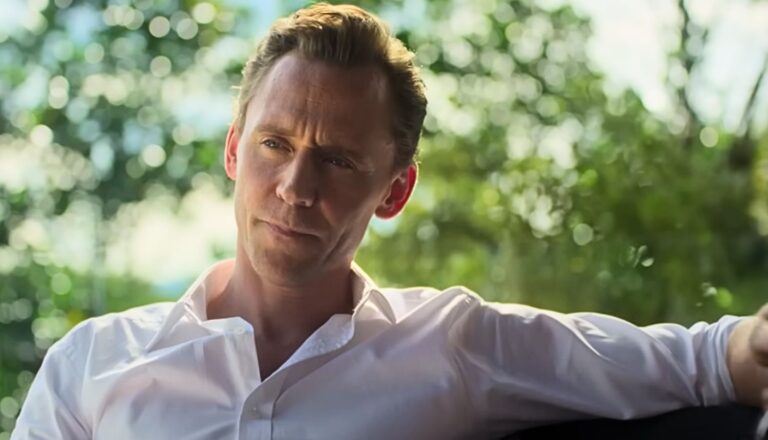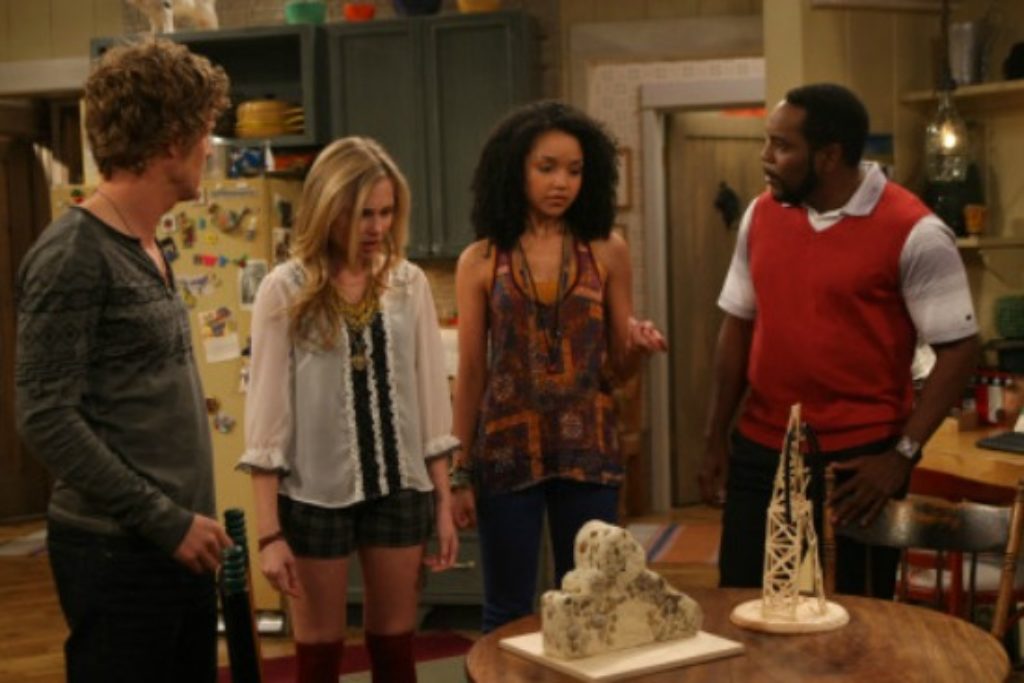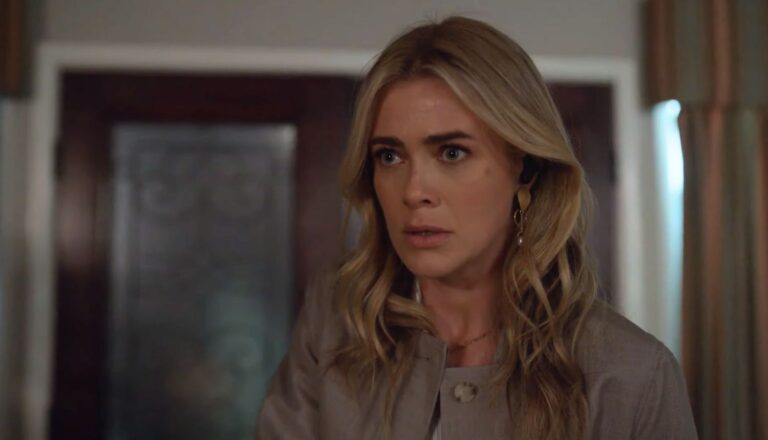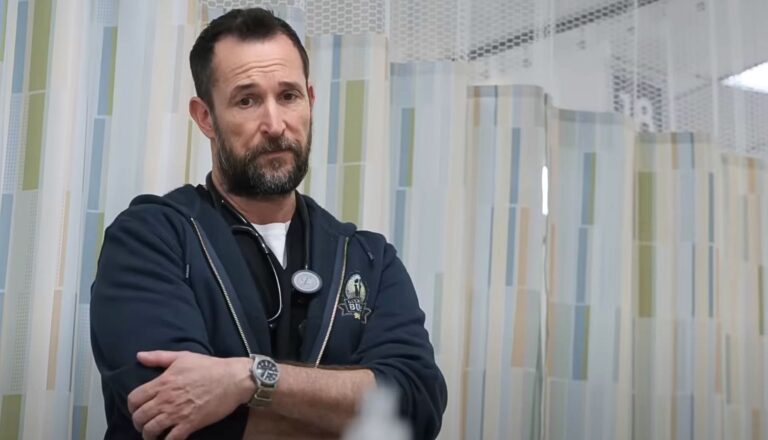
The Night Manager
Does it take a thief to catch a thief? Does it take lots of bad content to make a good TV show?

Trying to raise me right, my parents used to leaf through a book called Dare to Discipline, written by Focus on the Family founder Dr. James Dobson. I didn’t read the book myself when I was a kid. Why should I have? I could tell by the title that I wouldn’t like it. It’s a real drag when you’re 8 and your parents dare to discipline you. At that age, any sort of punishment feels unfair. Really, what’s so wrong with testing the flame-retardant properties of your winter coat? Or comparing said properties with the drapes? If only my parents read instead Dare to Indulge, I’m sure I would’ve been a happier 8-year-old.
Wouldn’t I?
I’m actually fairly certain that such a book exists. Because it’s pretty clear that the two moms on Fox’s I Hate My Teenage Daughter have read it. Perhaps several times. Annie and Nikki are wonderfully indulgent parents. Annie—who was reared in a restrictive religious home—is determined to raise her daughter without all those pesky faith-based rules and standards and morals she was forced to endure. Nikki—a one-time high school pariah who was once rumored to have eaten her cat—desperately wants to be the cool mom with the even cooler kid. And in her never-ending quest for household popularity, she grovels at her girl’s feet.
Discipline? Pish. That’s soooo 1971. Give the children free rein, these mothers say. They’ll turn out OK … eventually. Maybe.
And how’s that working out? Well, it’s fairly obvious from the sitcom’s title, isn’t it? Annie’s Sophie and Nikki’s MacKenzie have become the sort of teens Annie and Nikki themselves loathed in high school. They lie, cheat and, if they talk to their mothers at all, it’s normally to yell at and demean them. Their scruples resemble their outfits: flimsy, gauzy and short.
It only takes ’til the end of the pilot for both mothers to fully understand what their diligent study of Dare to Indulge has wrought.
“We have awful, terrible daughters,” Annie laments.
Nikki silently agrees. “Pretty, though,” she adds. “Isn’t that what matters?”
Oh, and the kids’ fathers—one a promiscuous musician already divorced from Annie, the other a golf pro working through divorce proceedings with Nikki—are (if possible) worse.
“How can I be a bad parent?” says Matt. “I’m never even here!”
I Hate My Teenage Daughter is the sort of show that consumes itself by hating everything around it and everyone inside of it too. The daughters are horrible. The mothers are horrible. The fathers are horrible. And foisted upon these horrible people is a horrible laundry list of furious faults and humiliating situations. The series is as mean and spoiled as the daughters it despises, and as weak and vacuous as the moms it abhors.
Which leads me to very odd thought: Would this half-hour on Fox be nicer if it was even meaner? After all, if we could take the program as a straight-up satire of bad parenting, there might be some solid lessons to learn. The show sometimes does put a finger on some modern-day parenting pitfalls: fear, insecurity, jealousy, misplaced priorities.
But, alas, after showing us avalanches of pathetic parenting, scriptwriters let the moms off the hook, right along with everyone else. In the pilot, Annie tells Nikki that MacKenzie may not be an ideal daughter now, “but she will be when she’s in her 20s and realizes all the amazing things you did for her.” Translation: Maybe Annie and Nikki aren’t perfect parents, but at least they care, right? Everything’ll work out OK eventually, don’t you think?
Sure. Just like timber wolves make great family pets without a whit of training. And the country of Greece can solve its debt issues if everyone just takes a nice nap tomorrow.
If you ask me, the whole silly sitcom could use a time out.
(Editor’s Note: Plugged In is rarely able to watch every episode of a given series for review. As such, there’s always a chance that you might see a problem that we didn’t. If you notice content that you feel should be included in our review, send us an email at letters@pluggedin.com, or contact us via Facebook or Instagram, and be sure to let us know the episode number, title and season so that we can check it out.)
After their daughters lock a handicapped boy in the girls’ restroom, Annie and Nikki decide to ground them during the school dance. MacKenzie responds by tossing out hate-filled invectives and blogging about how much she despises her mother. Nikki reads it while sobbing, then quickly caves. Sophie lashes out by giving Annie the silent treatment, then sets to arguing and shouting, trying to excuse her actions. When she finally apologizes, she does so with a lie.
It works. Annie caves too.
Annie’s conservative, Bible-based upbringing is mocked without respite. And her remaining religiosity is held up as a gag. “You know who else was a social outcast?” she says. “Jesus. And I’d say He was pretty popular.” Even her bowing her head in prayer cues the laugh track.
The girls wear provocative outfits. “You know MacKenzie is dressed like a call girl, don’t you?” Annie tells Nikki. MacKenzie’s dad then says he paid $300 for the outfit. Parents drown their troubles in alcohol, slamming down shots. Fathers bribe their daughters with cold hard cash so they’ll stop yelling at them. Pets being eaten becomes a running joke. The moms call each other “whores.” They call their daughters “b‑‑ches.” We hear “a‑‑,” “d‑‑n,” “h‑‑‑” and misuses God’s name.

Paul Asay has been part of the Plugged In staff since 2007, watching and reviewing roughly 15 quintillion movies and television shows. He’s written for a number of other publications, too, including Time, The Washington Post and Christianity Today. The author of several books, Paul loves to find spirituality in unexpected places, including popular entertainment, and he loves all things superhero. His vices include James Bond films, Mountain Dew and terrible B-grade movies. He’s married, has two children and a neurotic dog, runs marathons on occasion and hopes to someday own his own tuxedo. Feel free to follow him on Twitter @AsayPaul.

Does it take a thief to catch a thief? Does it take lots of bad content to make a good TV show?

The Hunting Party is far from the most gruesome drama on television, but its disturbingly inventive ways of killing may make viewers a bit queasy.

Max’s hospital drama ‘The Pitt’ strives to be medically accurate. While a noble goal, this show comes with a whole lot of content, too.

Netflix’s ‘Seven Dials’ (and the Agatha Christie book it’s based on) is filled with peril and suspicion. And more death is coming.